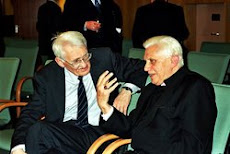"Jurgen Habermas's The Structural Transformation of the Public Sphere is an immensely rich and influential book that has had major impact in a variety of disciplines. It has also received detailed critique and promoted extremely productive discussions of liberal democracy, civil society, public life, and social changes in the twentieth century, among other issues. Few books of the second half of the twentieth century have been so seriously discussed in so many different fields and continue, almost forty years after its initial publication in 1962, to generate such productive controversy and insight. While Habermas's thought took several crucial philosophical twists and turns after the publication of his first major book, he has himself provided detailed commentary on Structural Transformation in the 1990s and returned to issues of the public sphere and democratic theory in his monumental work Between Facts and Norms. Hence, concern with the public sphere and the necessary conditions for a genuine democracy can be seen as a central theme of Habermas's work that deserves respect and critical scrutiny.
In this paper, I will first explicate Habermas's concept of the public sphere and its structural transformation in his early writings and then will note how he takes up similar themes in his recent 1990s work within the context of a structural transformation of his own work in his linguistic turn. After setting out a variety of critiques which his analysis has elicited, including some of my own, I attempt to develop the notion of the public sphere in the contemporary era. Hence, my study intends to point to the continuing importance of Habermas's problematic and its relevance for debates over democratic politics and social and cultural life in the present age. At stake is delineating a concept of the public sphere which facilitates maximum public participation and debate over the key issues of the current conjuncture and which consequently promotes the cause of participatory democracy."
full here
Subscribe to:
Post Comments (Atom)





No comments:
Post a Comment